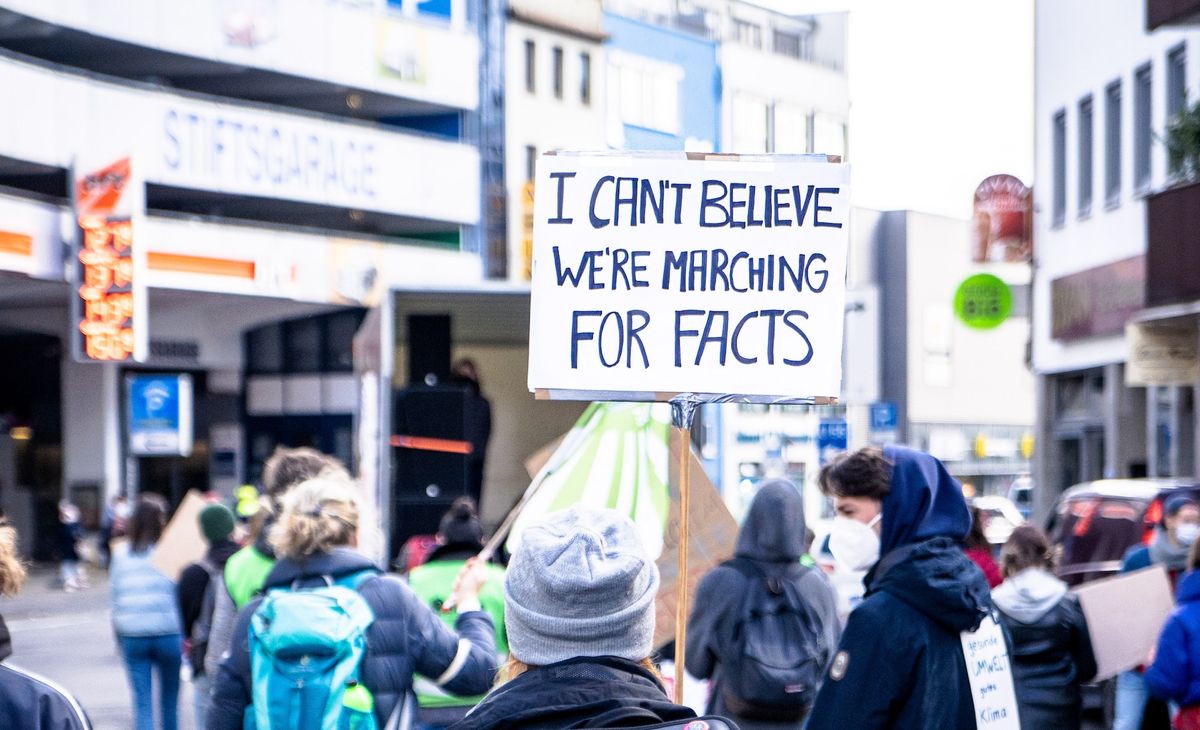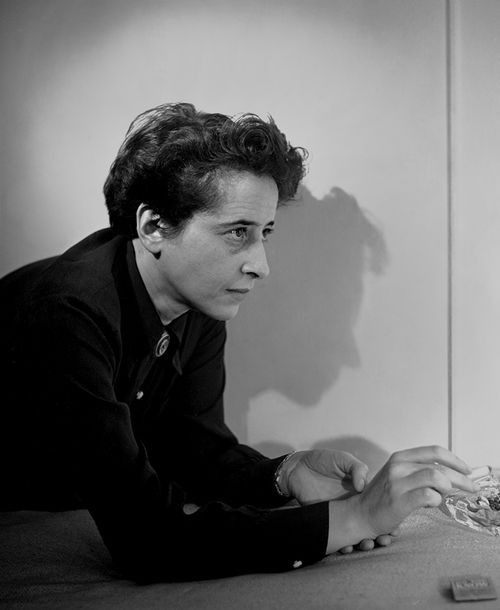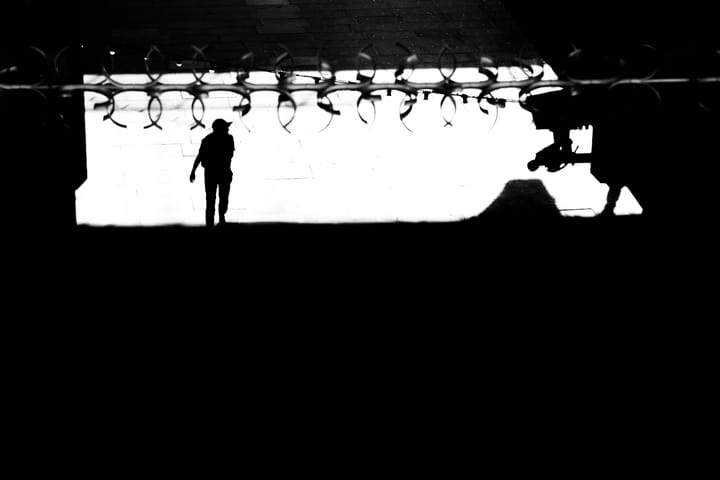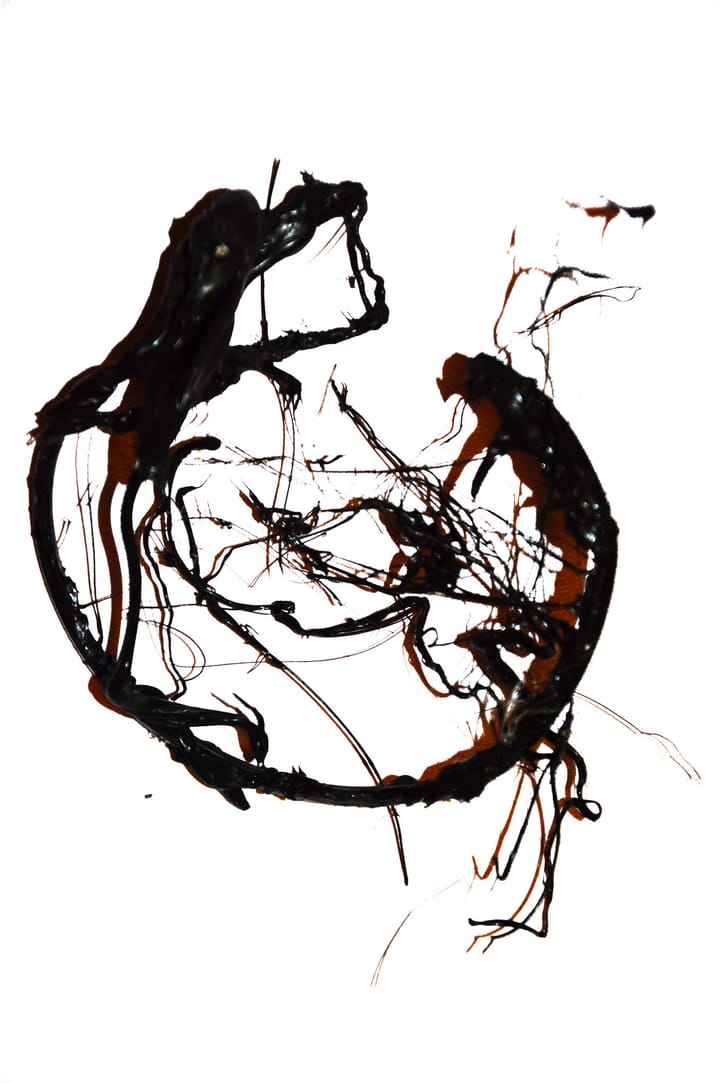Revisiting the Ideas of Hannah Arendt in the Era of Fake News
Cat Lawton-Westerland explores the idea of malleable truth. "The disempowering narrative that we cannot discern the truth, that we do not have the skills to find it, is itself a tool of oppression."

By Cat Lawton-Westerland
The idea of malleable truth isn’t new, and fake news has always existed.
One could make people believe the most fantastic statements one day, and trust that if the next day they were given irrefutable proof of their falsehood, they would take refuge in cynicism; instead of deserting the leaders who had lied to them, they would protest that they had known all along that the statement was a lie and would admire the leaders for their superior tactical cleverness. – Hannah Arendt, The Origins of Totalitarianism
Hannah Arendt is one of the great thinkers and writers of the 20th century. She was forced to flee Germany under threat of death from the Nazi regime and spent much of her intellectual energy grappling with the capacity for evil that she had witnessed there.
I strongly condemn the actions of the state of Israel and the project of colonisation, oppression and ethnic cleansing in Palestine which has been ongoing for 75 years. Genocide is indefensible, despite messages from the governments in Britain the US and beyond, despite the kidnapping and attacks on civilians by Hamas.

Arendt herself was both supporter and critic of the state of Israel. Her writings circle the issues of Israeli sovereignty and Zionism, international discussions in which she actively took part, advocating at different points in her life contrasting and even contradictory views. It is clear that for Arendt the need for a Jewish homeland and the problem of anti-Semitism lead to a justification for establishing a Jewish state, and that conflicts between Zionists and Muslims in the Middle East have been raging long enough to raise a credible claim to the land.
In this article, her complicated and changing personal views, although acknowledged, will be put aside in order to focus on her ideas, and to look afresh at the world we currently inhabit.
Truthfulness has never been counted among the political virtues, and lies have always been regarded as justifiable tools in political dealings.
Arguments in ‘good faith’ are rare when the prevailing understanding of balance includes one person pointing out injustice and another explaining why this injustice is necessary and good. Discussions in the media and online consist of one party asking to be treated as human beings and the other party defending their right not to treat them as human beings. This is called ‘fair and balanced’ representation in the media landscape at large.
We are told to accept that the lies being peddled in the name of profit are a natural product of competition and understandable human greed. This justification is so ingrained in our perception of the world that we don’t question the motives of those looking to increase their personal fortunes at the expense of the environment or the population.
The truth is that these lies are not justifiable when they result in lasting harm to your national health service (nurses using food banks, doctors striking for better conditions), when they result in a police force that can determine whether your mere presence is a ‘violation of the peace’ (coverage of new policing laws and enforcement against protesters), when they result in elderly people freezing to death in their homes because they cannot afford heat (rising energy costs and media coverage of who is to blame).
Whilst the syphoning of public money into individual pockets and corporate profits has resulted in clear, demonstrable harm to the people of this country (I am writing from the UK), few news outlets have openly blamed those at fault. Public attention is instead drawn to immigration, civil unrest, war in Ukraine rather than linking the embodied impact of the cost of living crisis to bad actors in the government and the corporations that are paying them.
We do not have to accept the lies of the establishment. We can see that their interests are not in line with ours.

The ideal subject of totalitarian rule is not the convinced Nazi or the dedicated communist, but people for whom the distinction between fact and fiction, true and false, no longer exists.
This particular observation has never been more relevant than it is today. Widely accepted is the idea that we cannot differentiate ‘fake news’ from blatant lies, propaganda, corporate interests, or statements of fact.
I recently had a conversation with an extremely intelligent friend, a lawyer with a doctorate, who made the argument that they believed that the world is flat (in jest). They said that there was no more proof one way or the other and, if you do not test things yourself, accepting an answer on this issue is always done on faith. Therefore, any conclusions are equally informed and valid.
I was incredulous that the obvious power we have as consumers of information was dismissed as blind faith. Our ability to assess sources of information for credibility, to investigate the financial incentives behind a claim, or to acknowledge that the institutions producing media have their own interests was brushed over by someone who I respect, someone who I consider a critical thinker.
The idea that truth is negotiable and all views are valid is harming us. The idea that the truth is up for ‘debate’ is a distraction and an energy drain.
The disempowering narrative that we cannot discern the truth, that we do not have the skills to find it, is itself a tool of oppression and encourages subjects under capitalism to accept a state of apolitical disinformation. It leads to a victimhood on the part of the subject that is seen as inevitable and inescapable.
While it is true that the ideas we are being presented with in the mainstream media are misleading to the general public, it is not true that the public are limited to consuming these narratives. These ideas are in fact a means of isolating the subject and muddying the water on the path to freedom. If we are bogged down by fear and petty arguing it will take us much longer to hold those doing the most harm to account. Scapegoating disempowered populations such as immigrants and the working poor has successfully kept the idea of the nation above and in opposition to the interests of its people.
Community and solidarity are a vital resource, one which we can draw from endlessly. This can include support networks, openness and hospitality, and the development of interpersonal relationships. Sharing what time, energy, shelter, or food we have does not reduce our access to these things but rather broadens our ideas of where we can get these necessities from, building trust and stability with those around us. The truth of the humanity of others lies in your ability to offer and ask for help.

Fact and fiction become clearer defined when you consider what you have to offer, who you might be able to help, and who you would be able to ask for help. It is not your employer or your country that will help you in times of need; it is your neighbours, your friends, your community.
Your interests are not aligned with those of politicians who accept donations from companies in exchange for their loyalty. Your interests are not aligned with millionaires and billionaires who spend their vast pool of resources on ego projects like going into space or building their own submarine. Your interests are aligned with those of your local postie, the person pouring your pint in the pub, the person cleaning your streets, the person teaching your children.
It is when we neglect to recognise these alliances and relationships that we unthinkingly accept that what we are being offered by the establishment is fair and right. When we start to believe that we can claw our way to freedom without the help of others, at the expense of others; when we are only fighting for ourselves we are fighting against every person around us. The truth is that when we are only fighting for ourselves, we are fighting alone.
There is a strange interdependence between thoughtlessness and evil. – Arendt, Eichmann in Jerusalem
Thoughtless consumption here indicates an acceptance of the true value of statements to be inherent in their presence. Just because you have heard something from several sources, or heard that there is some discussion going on doesn’t mean that both sides of this debate are equally credible, well meaning, or informative.
If equally credible sources are pushing opposing points of view, then your confusion and not having the energy to look into that issue is the intended consequence. The media is balanced in a way that makes critical, analytical media consumption tiring and time consuming. If information were easily accessible and transmittable then we would have a much easier time agitating for justice and for change.
Apathy is a privilege. The right side of history is never apathy. Apathy is enabling a system to enact evil without your dissent. I want to reassure you that you don’t have to give all your energy to this and you don’t have to be the only one giving energy alone. Community is there for this.
Links for further reading:
This article was largely inspired by YouTuber Hbomberguy:
Climate Denial: A Measured Response
Vaccines and Autism: A Measured Response
The quotes from Hannah Arendt come from her below works:
Eichmann in Jerusalem: A Report on the Banality of Evil
The Origins of Totalitarianism
Cat Lawton-Westerland grew up in Cardiff and studied languages in Birmingham. She lived in Austria before moving to Glasgow in 2017 and completing a masters in linguistics. She is interested in body politics, disability studies and critical analysis.





Comments ()